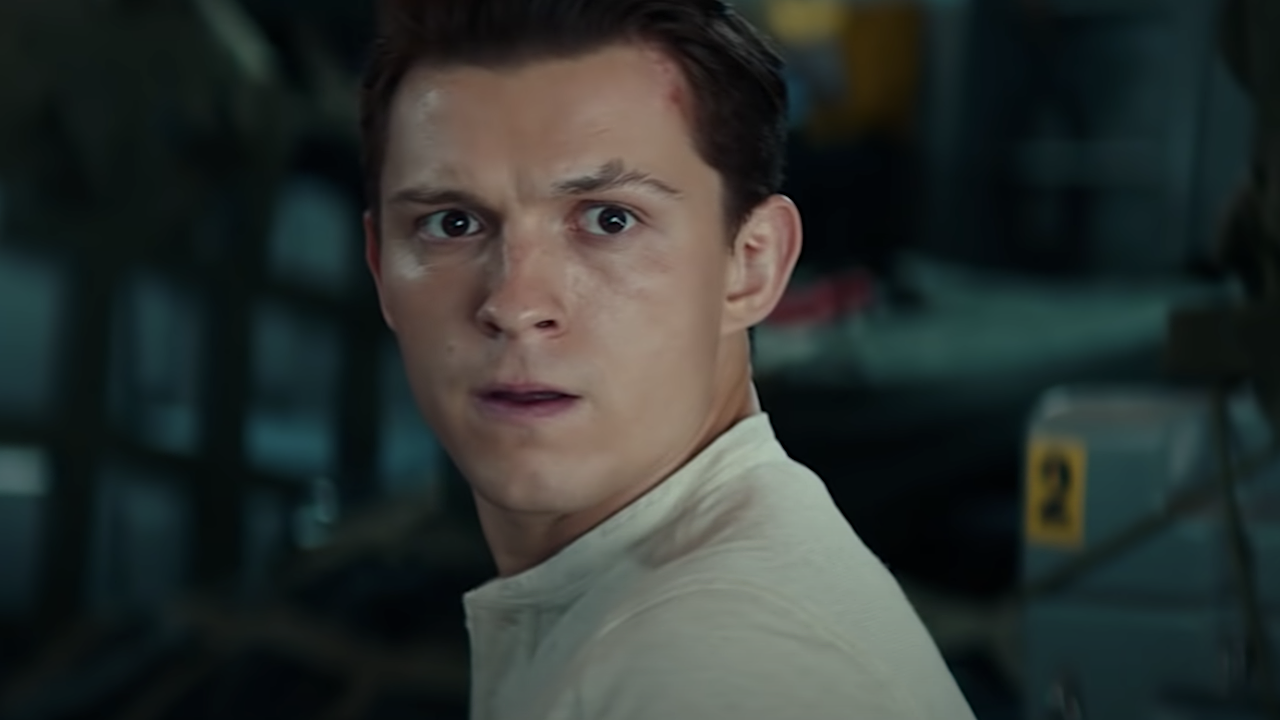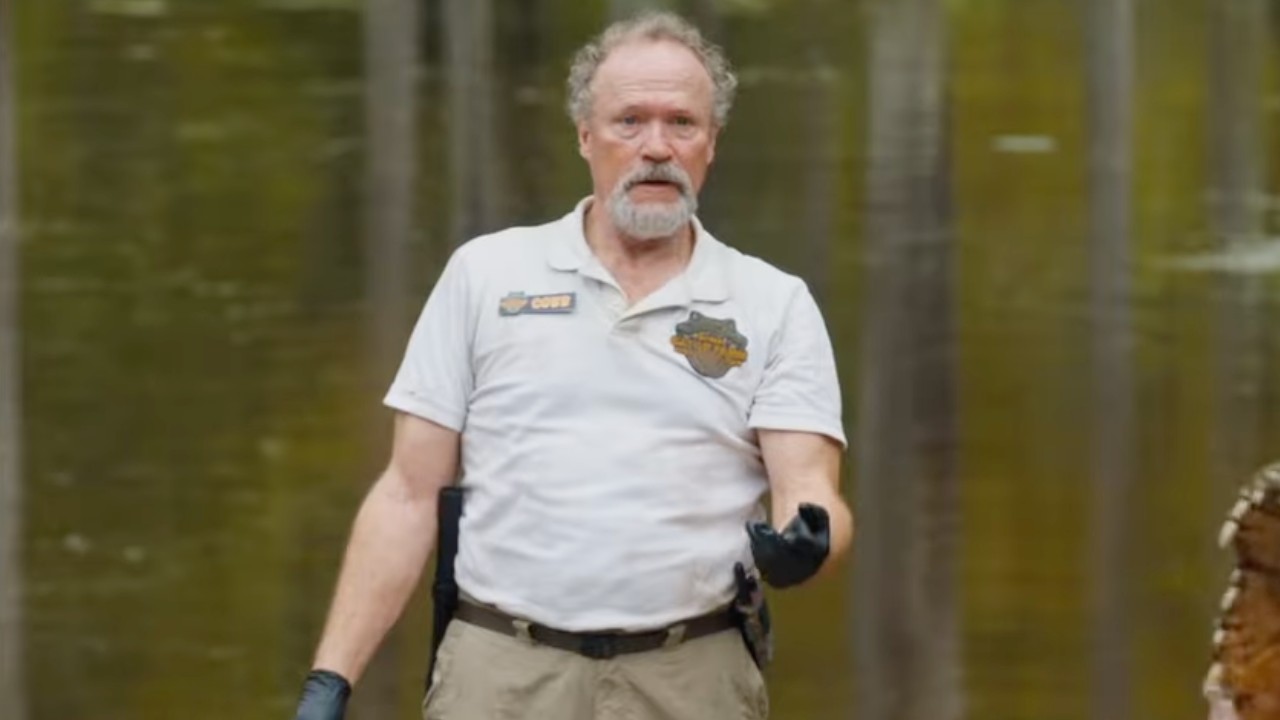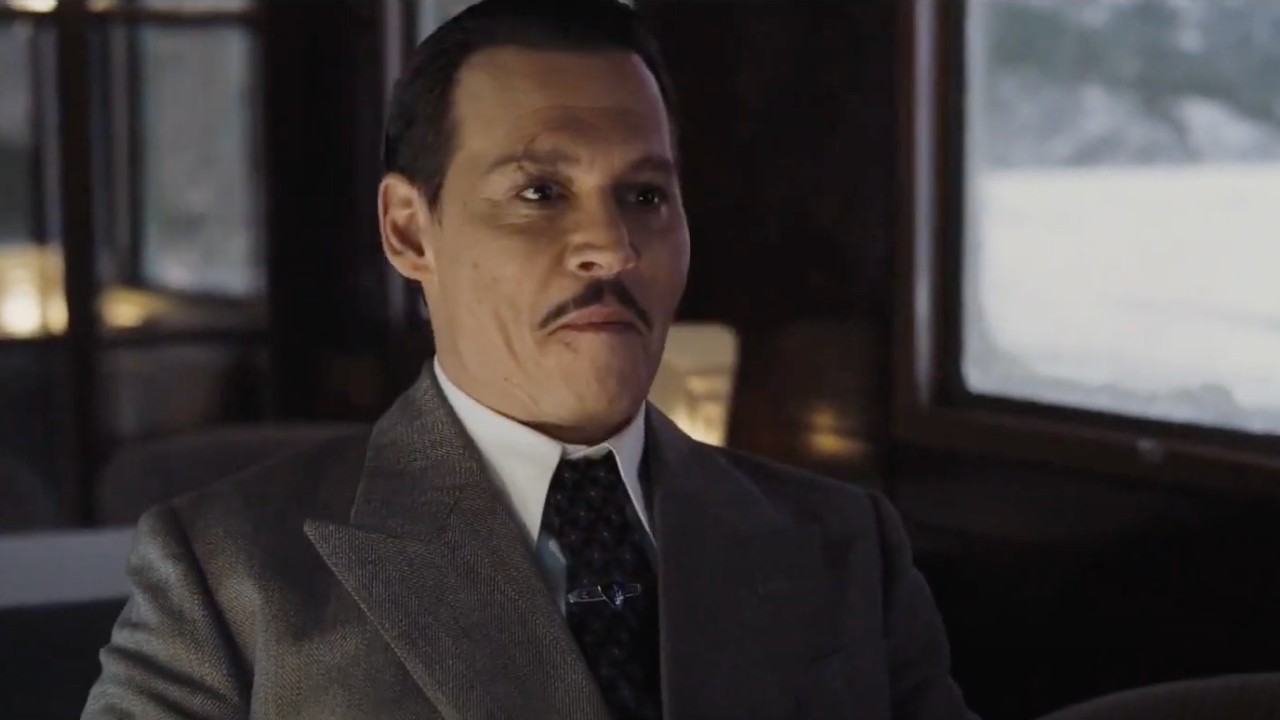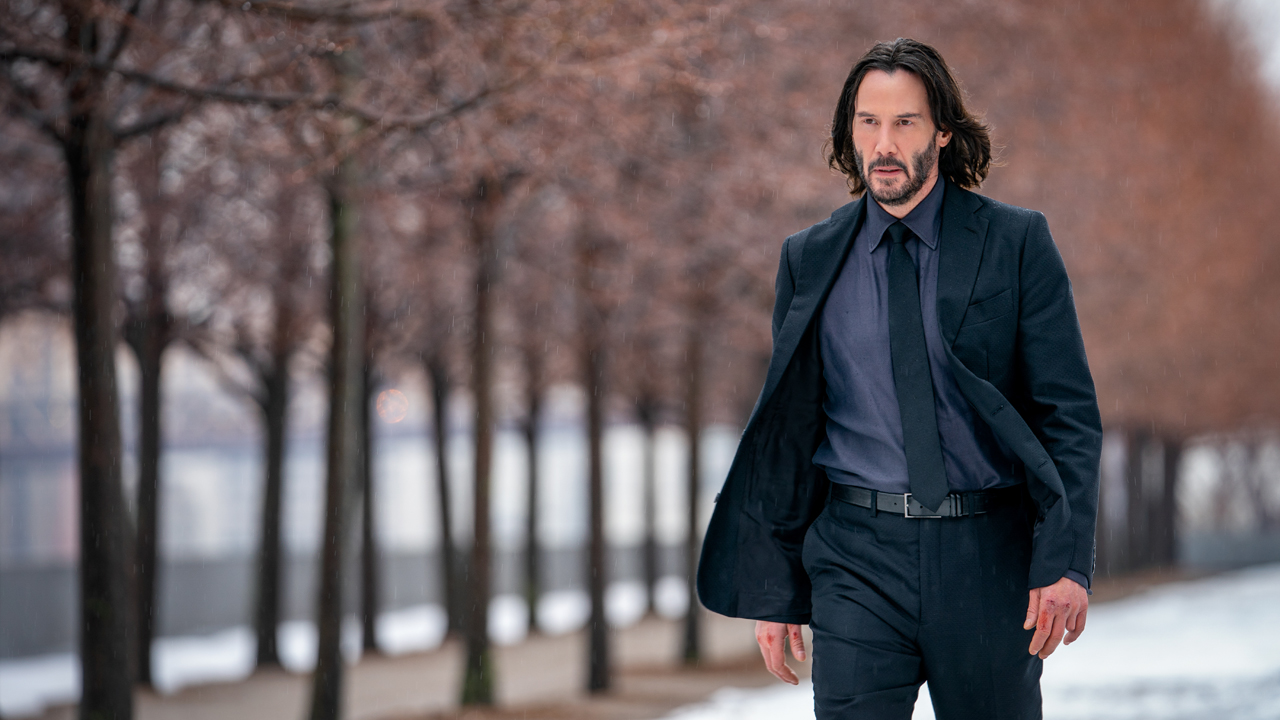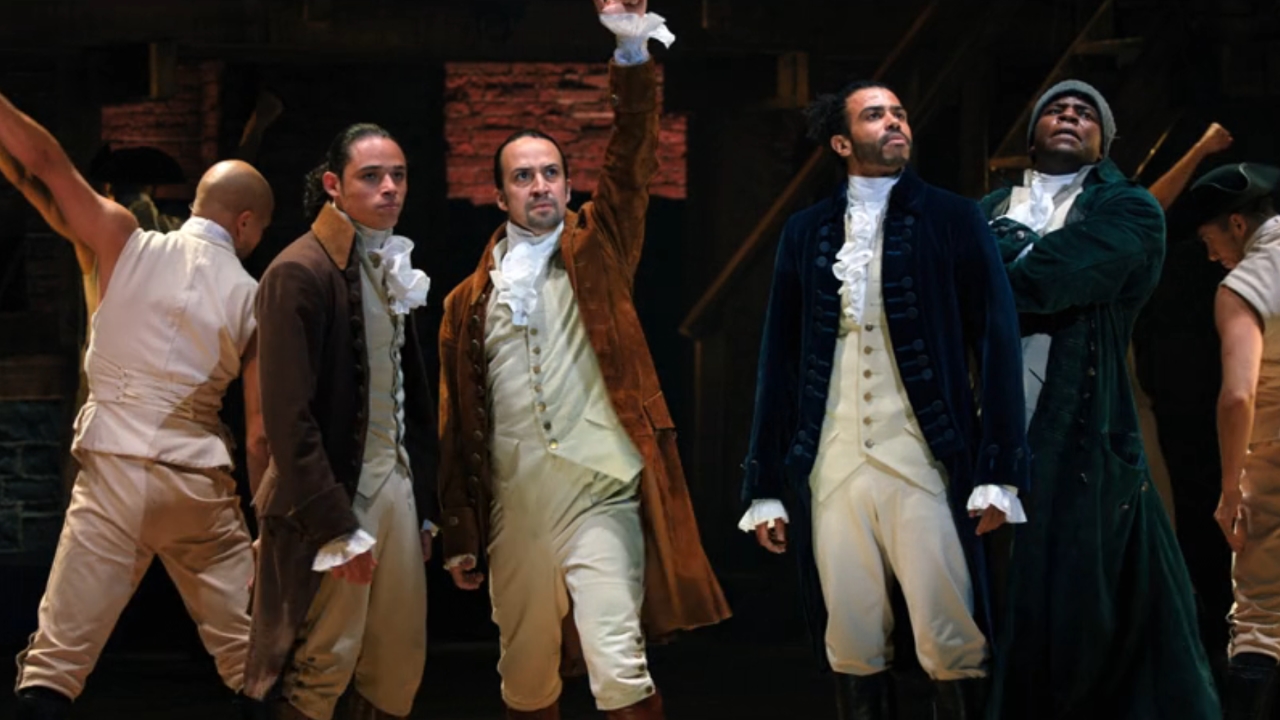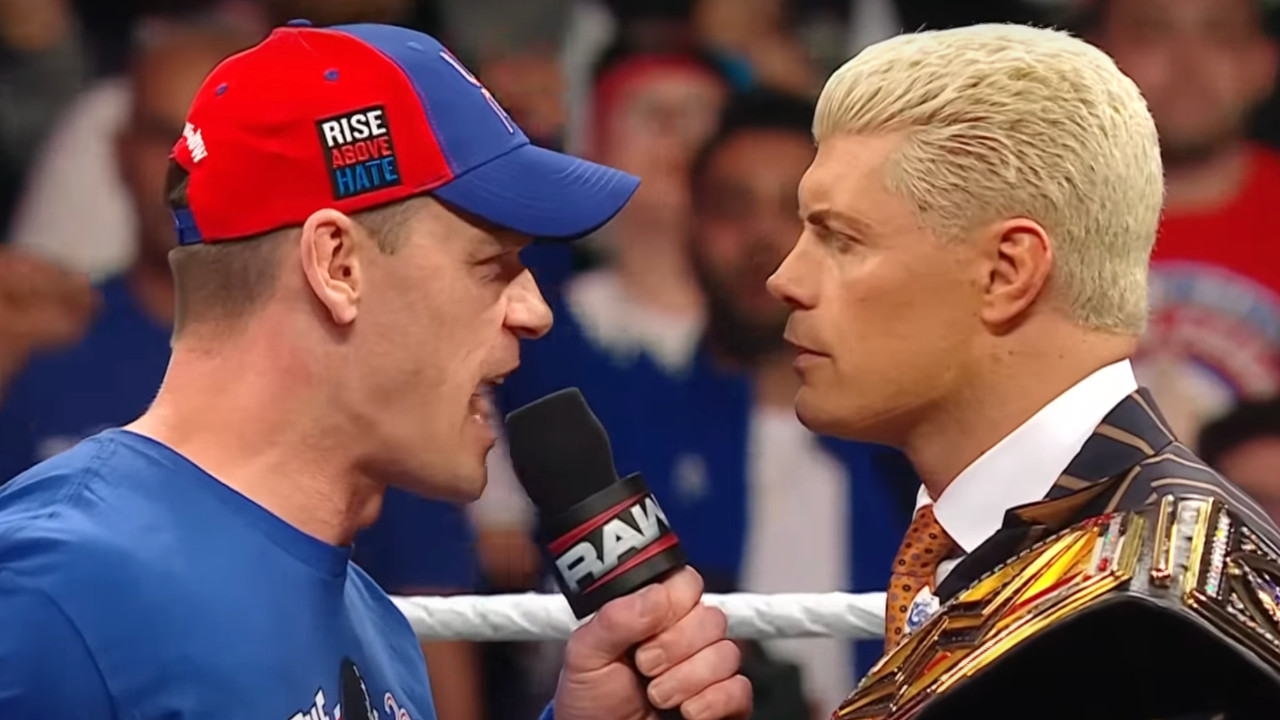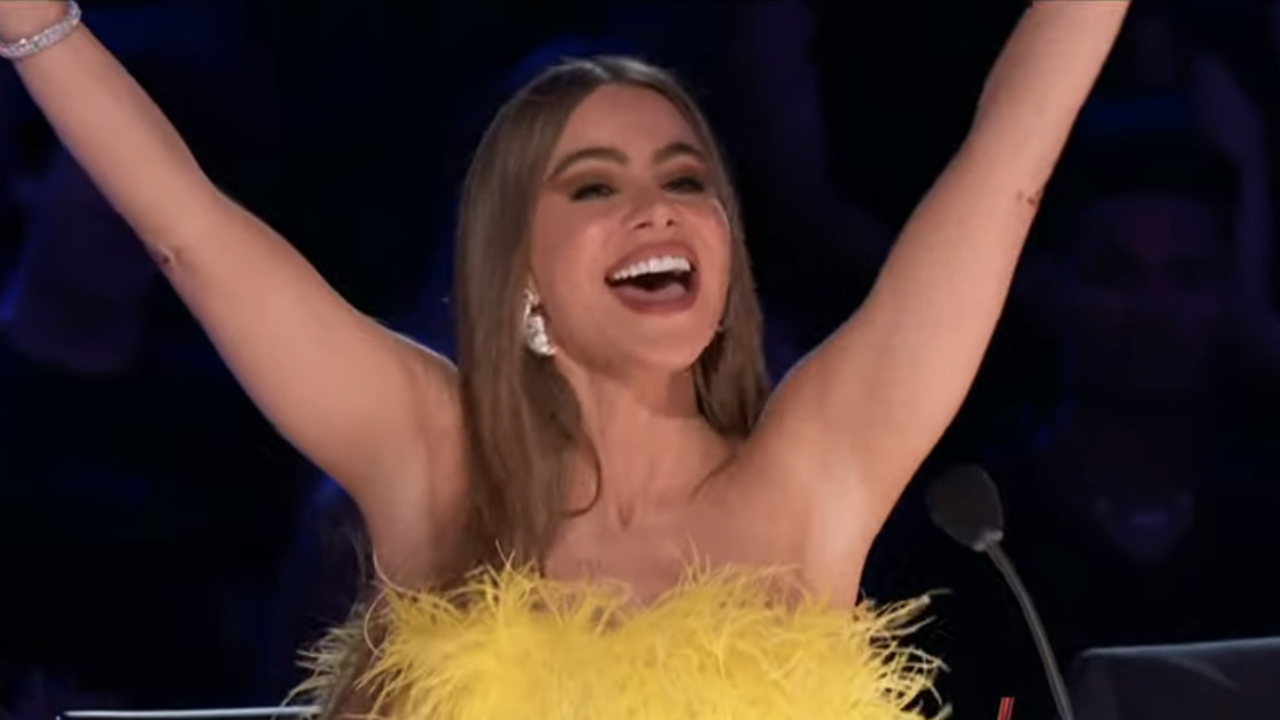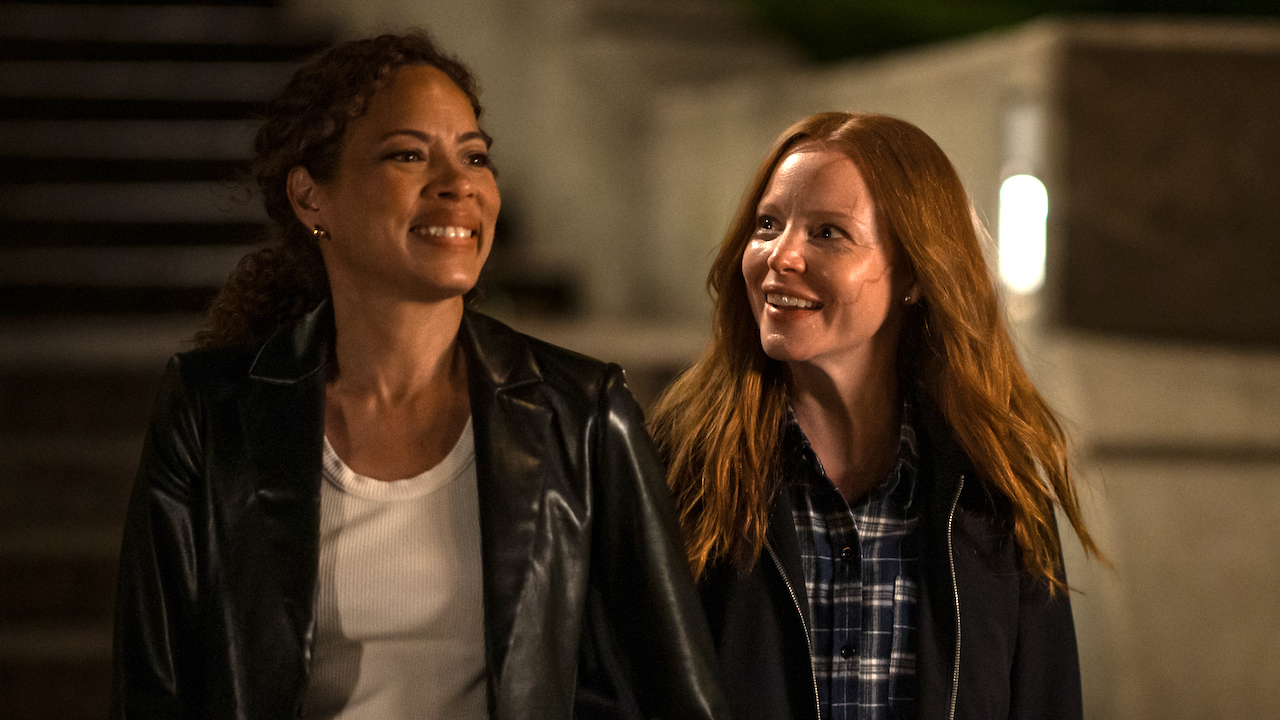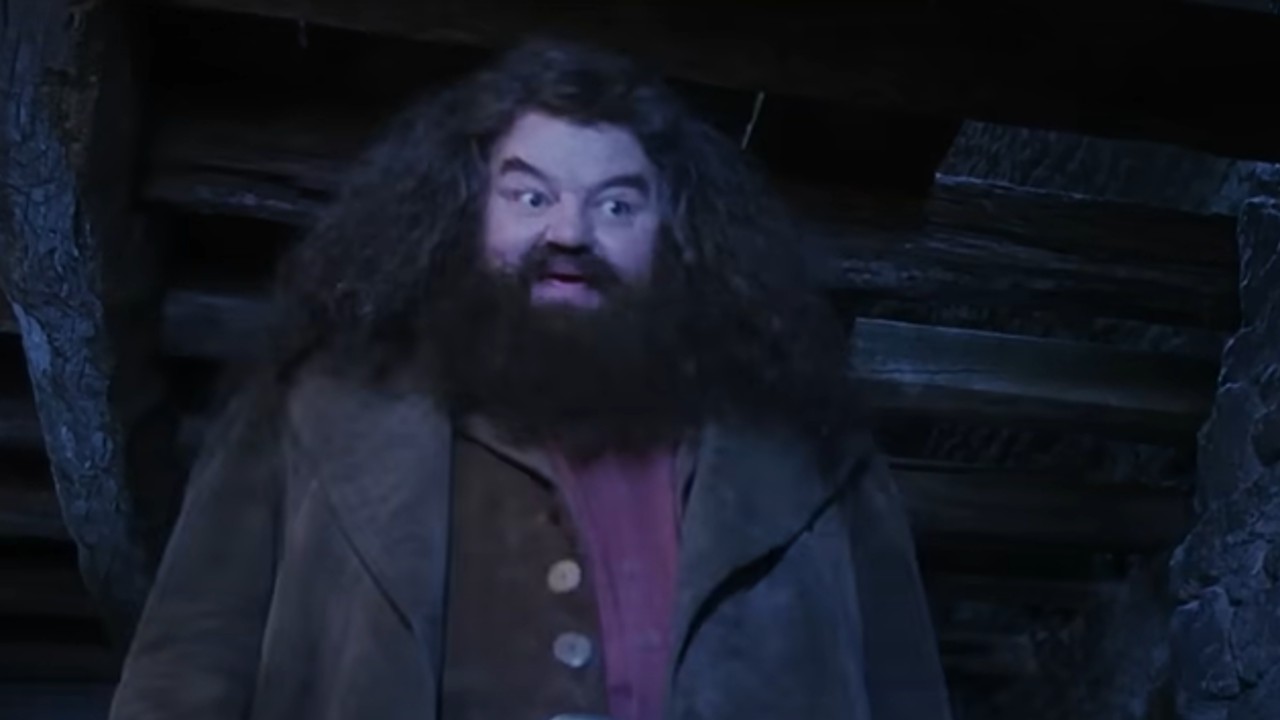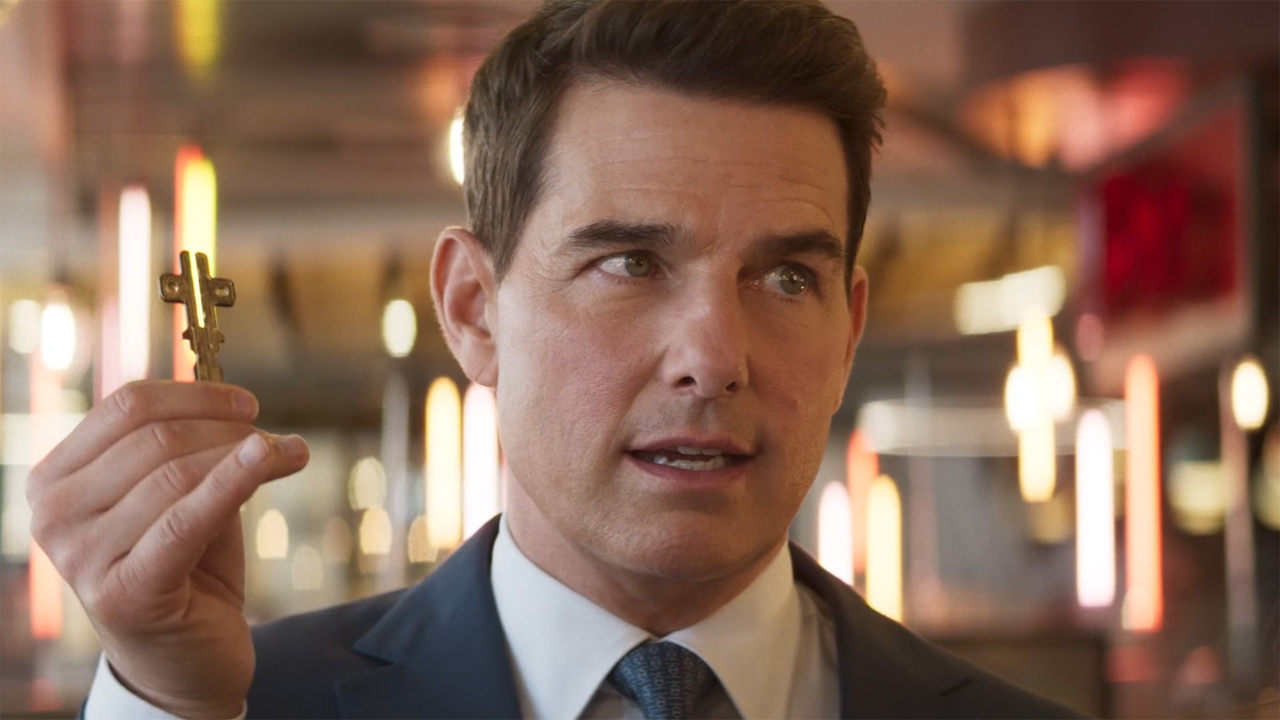The Masked Singer's Season 8 Format Change Has One Unfortunate Downside
It's kind of a bummer.
Warning! The following contains spoilers for The Masked Singer’s “TV Theme Night.” Read at your own risk!
The Masked Singer Season 8 feels like it’s zooming along, so much so that fans may have trouble believing we’ve only just seen Episode 3. TV Theme Night saw even more major celebrities leave, as Shark Tank’s Daymond John and The Brady Bunch’s actors Barry Williams, Christopher Knight, and Mike Lookinland all made a graceful exit after unmasking as Fortune Teller and The Mummies. (Check out the full list of reveals here.) The new format change is certainly shifting the way seasons typically go down, and that comes with one unfortunate downside.
The Harp absolutely crushed her competitors in these opening episodes and even managed to take down NSYNC singer Chris Kirkpatrick. Kirkpatrick didn’t go nearly as far as his former bandmate and Season 1 competitor Joey Fatone, but the new format of the season is something to consider when weighing this season’s impact on competitors. Let’s dive in deeper, and explore the unfortunate downside that comes along with this new way of playing The Masked Singer.
How The Masked Singer’s Season 8 Format Works
In The Masked Singer Season 8, three competitors square off in an episode. Of those three, one will leave after their first performance, and another will leave after a Battle Royale with the third contestant. Whoever wins will advance to the next episode, and after three episodes, the winner advances to the semi-finals. For those unaware, that means The Harp won’t be fighting for her life in next week’s episode, and a new group will start to crown another semifinalist.
This is a vast departure compared to previous seasons, in which a large group of contestants all performed, and one was sent home each week. In this new format, more contestants exit quickly and the talented competitors zip right along, and it comes with a rather unfortunate side effect.
Contestants Get Little Opportunity To Improve
The downside of The Masked Singer Season 8 is that these competitors aren’t getting a lot of time to showcase their talent, or even sing more than a song or two before being sent home. The new format doesn’t give the fans time to really sit with these contestants, or even really a moment to form attachments. We also don’t get a chance to see them improve, as guys like William Shatner are up and gone with one performance!
In previous seasons of The Masked Singer, the singing was often second to the performance and mystery. As such, contestants like Rob Gronkowski’s White Tiger were able to remain in the competition, even if they weren’t the most talented singers in the bunch. Sometimes, they’d even get lucky and improve drastically the next week and advance even further.
CINEMABLEND NEWSLETTER
Your Daily Blend of Entertainment News
This new format seemingly erases moments like that, which will likely reduce complaints of legendary singers being sent home over arguably less talented celebrities. At the same time, we’ve already seen someone like Chris Kirkpatrick, who probably would’ve gone far in any other season, leave in the premiere after falling short to The Harp.
I imagine moments like this will only continue, and it’s unfortunate to think it may be a bigger problem later in the season than it already is. As weird as it sounds, I’m beginning to miss seeing the same faces week in and week out, and am wondering if that downside is worth the positives Season 8 brought in switching the format up.
The Masked Singer airs on Fox on Wednesdays at 8:00 p.m. ET. Those needing to catch up on the previous episodes can do so with a Hulu subscription, or by checking out Season 8 on-demand with their cable provider.
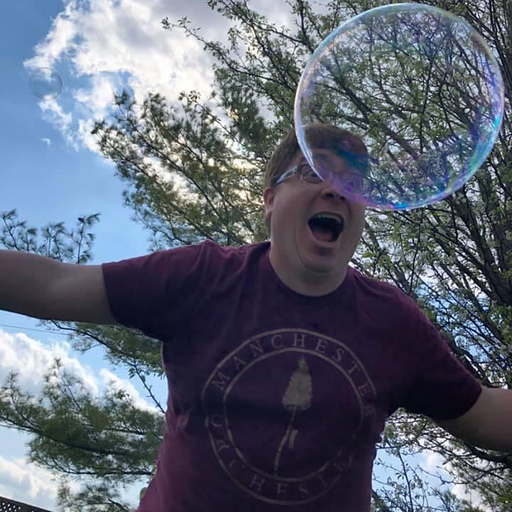
Mick Joest is a Content Producer for CinemaBlend with his hand in an eclectic mix of television goodness. Star Trek is his main jam, but he also regularly reports on happenings in the world of Star Trek, WWE, Doctor Who, 90 Day Fiancé, Quantum Leap, and Big Brother. He graduated from the University of Southern Indiana with a degree in Journalism and a minor in Radio and Television. He's great at hosting panels and appearing on podcasts if given the chance as well.
